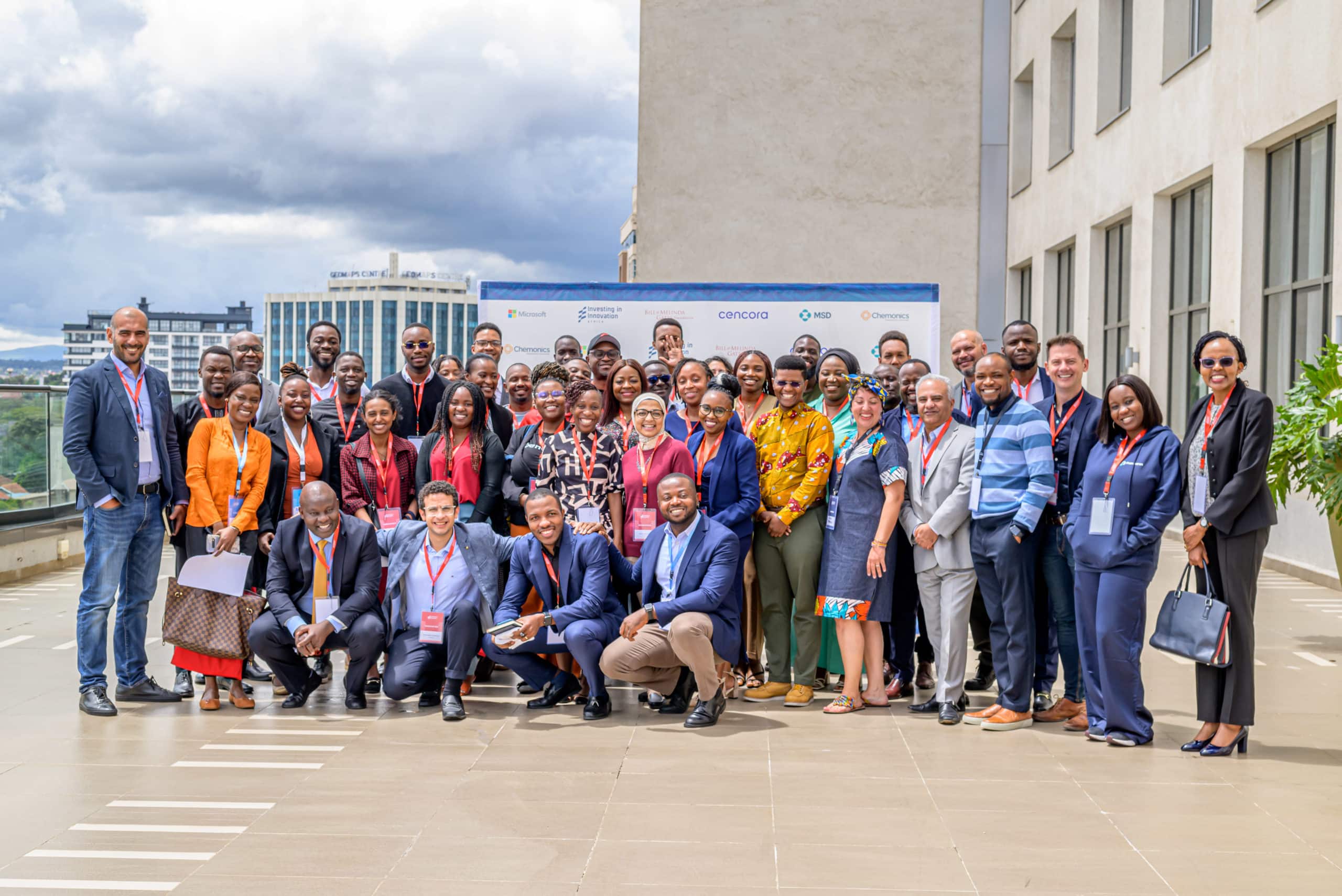Startups are seldom the first thing people consider when thinking about scalable and impactful solutions addressing the most pressing issues in global health. The idea that innovation can be home-grown is even more foreign. To change this perspective, we need more programs that spotlight locally-led innovations and effectively create systems that support their growth and impact at scale.
In Africa, many innovative companies are transforming the health sector. Salient’s work shows that in supply chain alone, nearly 350 startups offer various solutions such as order and inventory management, direct distribution to consumers, transport warehousing and reverse logistics, product protection and visibility, and data analytics. For example, Figorr, a Nigerian startup, offers cold chain solutions that help businesses track and monitor the storage conditions of temperature-sensitive products in real-time. Figorr partnered with the Nigeria Primary Health Care Development Agency during the pandemic and tracked over four million Covid-19 vaccines to prevent wastage. Since then, they have expanded this partnership to cover other vaccines: they have tracked 98 million vaccines recommended in the World Health Organization’s Essential Program on Immunization, and more than 72 million other health products such as insulin, fertility shots, chemotherapy, and snake anti-venom (as per data from the i3 Year 1 Monitoring & Evaluation report). Startups like Figorr demonstrate how partnerships with innovative companies can help expand access to health products, reduce the cost of distributing health products, and improve the visibility of health products.
As donor funding for the health sector decreases, it’s clear that International Nongovernmental Organizations (INGO)-delivered systems are insufficient. Further compounding this trend is a debt crisis that requires African governments to do more with less. We, therefore, urgently need scalable, private-sector solutions that generate jobs and sustained impact. However, donors, global health institutions, governments, and industry leaders in global health lack an understanding of the innovation ecosystem and how to effectively engage startups to address key challenges.
This is why programs such as Investing in Innovation Africa (i3) that spotlight startups such as Figorr and connect them to donors, governments, key industry leaders are important. i3 is a new kind of value-creation network that selects early and growth-stage African-led startups and provides introductions to potential customers in global health alongside other supports. It’s powered by major players in global health, including the Bill & Melinda Gates Foundation, Cencora, MSD, Microsoft, and Chemonics.
What happens when platforms like i3 are created? The potential of innovation in the development sector is demystified. Global health stakeholders can meet impressive startups already active on the continent with strong reach (e.g., startups in the i3 report serving about 40,000 healthcare providers on the continent), inspiring them to think outside the box and include innovation in their strategies (data is from the applications startups submitted to the i3 program). Startups also gain exposure that opens the doors for new partnerships: the first cohort secured 32 MoUs, pilots, and partnerships and raised an additional $10.4M in funding (data is from the i3 Year 1 Monitoring & Evaluation report). These strong numbers represent the tip of the iceberg since this process of building strategic partnerships with startups and reimagining the role of innovation in global health is nascent, and we are still learning from it.
The Covid-19 pandemic reinforced that resilient, local supply chains for medicines and other health products in Africa are critical. This requires a new way of thinking that taps into existing innovative solutions on the continent with the goal of scaling them. i3 represents a new model for development assistance centered around locally-led businesses working with leading multinationals, governments, and donor systems to create a more sustainable system. This new model is not perfect, but it shows the willingness of global health stakeholders to come together, build bridges, and imagine new ways of working together that are fit for purpose for the future. Therefore, as global health stakeholders, let’s not shy away from partnering with African innovators and scaling their innovations.
– The writer leads Salient’s work on Investing in Innovation (i3), a pan-African program to support the commercialization and impact of health tech companies.
DISCLAIMER: Brand Voice is a paid program. Articles appearing in this section have been commercially supported.
